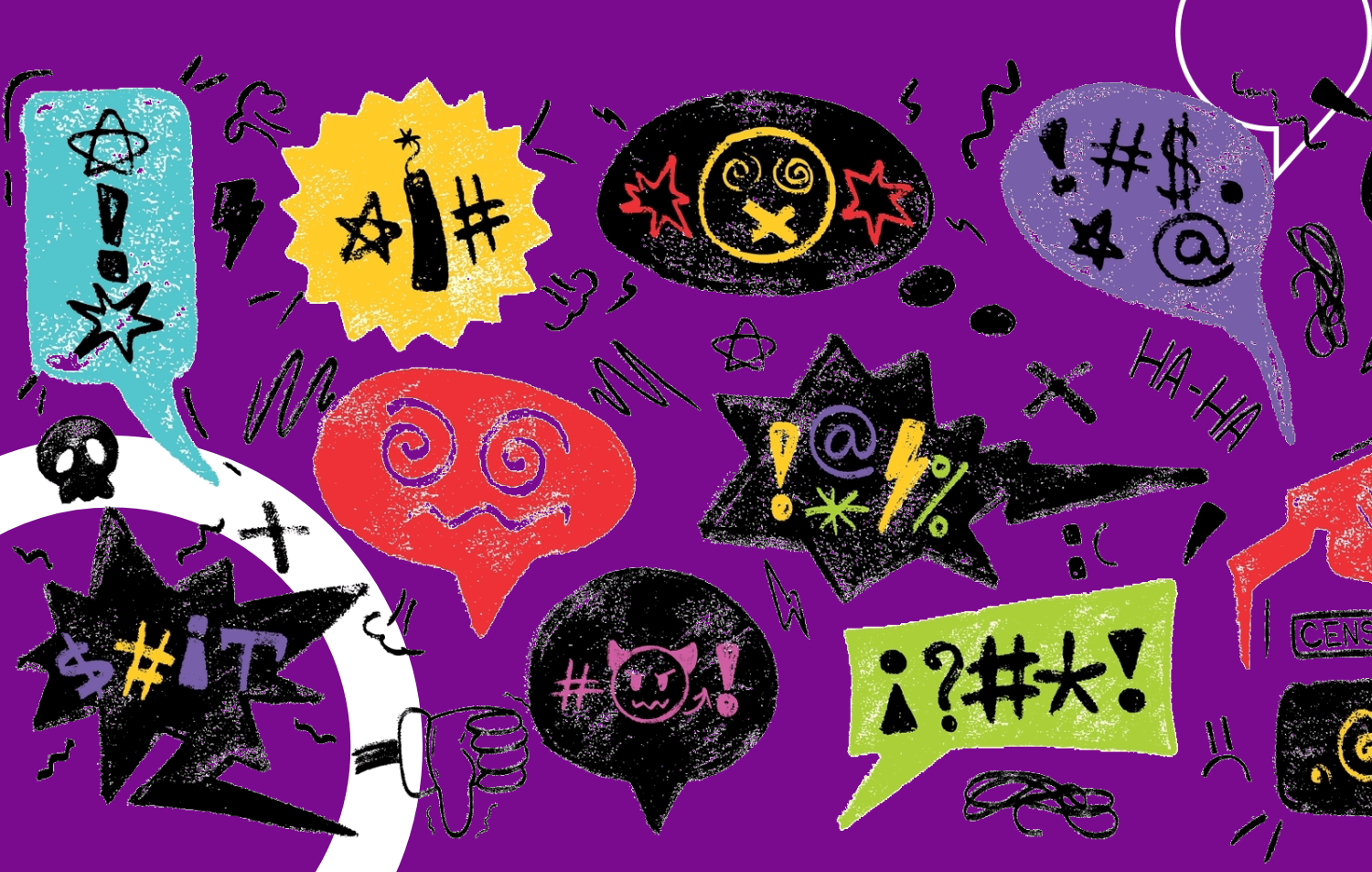Swearing is a part of language that many people use. Sometimes, people swear when they are angry, surprised, or even happy. For some people, swearing is a way to express strong emotions. However, if you are learning English, you might wonder whether you should use swear words. In this post we will help you understand why people swear and give you some reasons for and against using swear words in English.
People swear for many reasons, and these reasons can be different depending on the situation. Here are a few common reasons why people might swear:


Five reasons why non-native speakers might think they should swear
Five reasons why non-native speakers should avoid swearing


Common swear words in English
Here are five common swear words in English.
Swearing is a common part of English, but it’s not always necessary or appropriate, especially for non-native speakers. It’s important to understand the culture and situation before using these words. Sometimes, it’s better to find other ways to express your feelings.
Remember, language is a powerful tool, and how you use it can affect how people see you. Swearing might make you feel stronger or more confident, but it can also cause problems if used in the wrong way. So, think carefully before you decide to swear in English!
Start your 7-Day Trial now and access lesson 1 of all courses. More than 120 lessons at all levels.
With your Trial account, you can also try our Live Classes , Masterclasses and Conversation Café, so you can see if we are what you’re looking for.